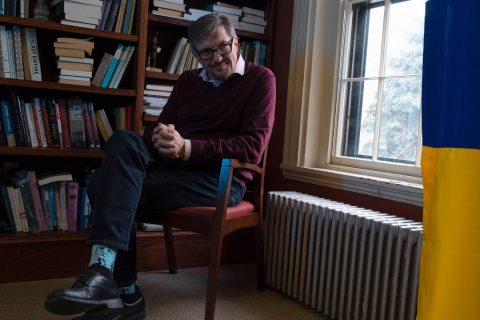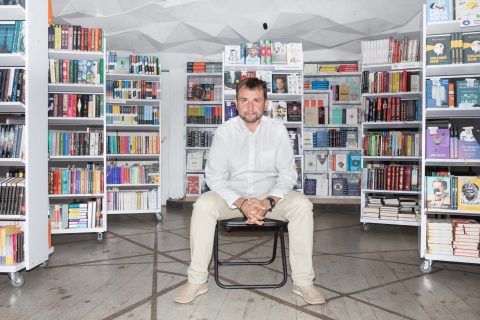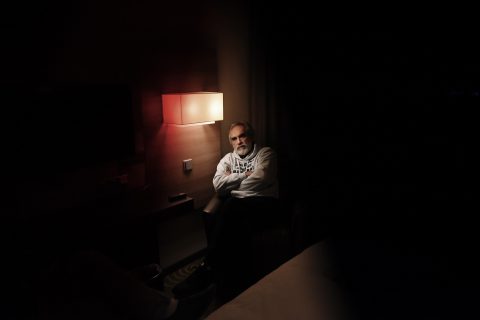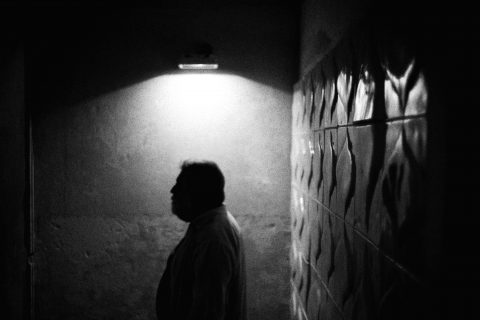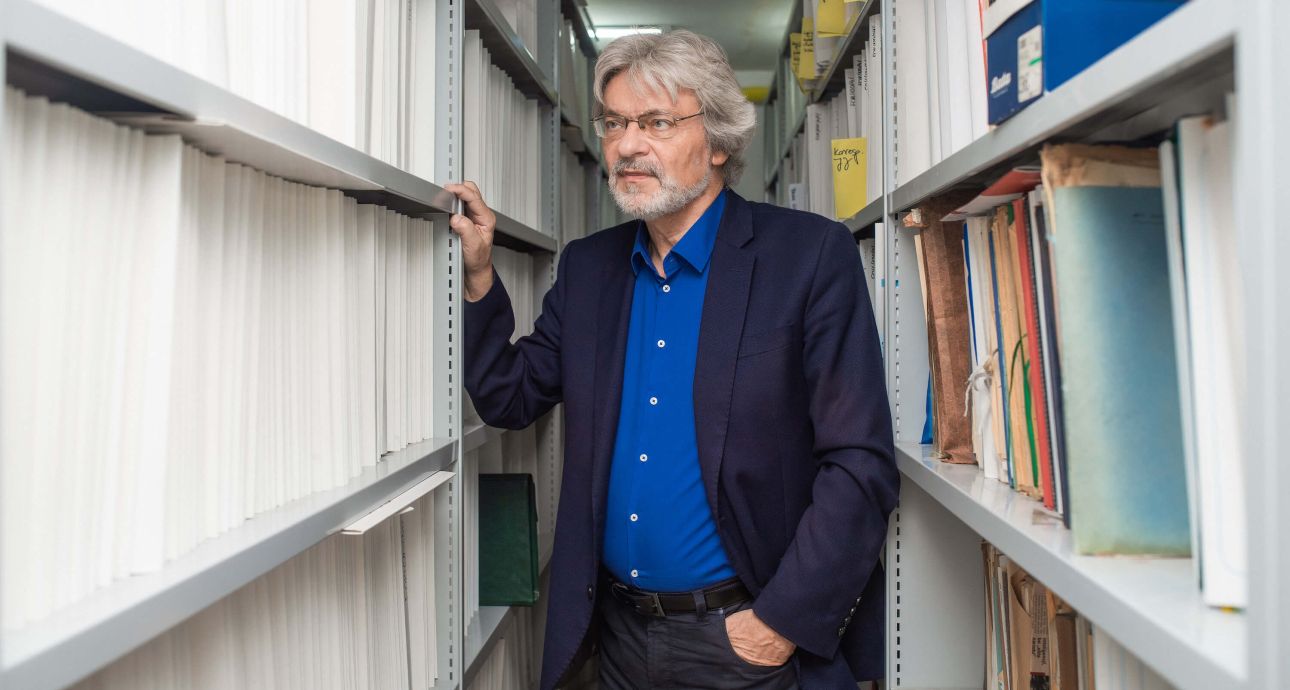
“The Balance Will Be Disturbed If Nationalists Come to Power”: Historian Zbigniew Gluza on Ukrainian-Polish Relations and Their Future
Zbigniew Gluza is a Polish history journal editor and a participant in the independence movement of the country from the USSR. In the early 1980s, he created an underground newspaper called “Karta,” which over the years transformed into an archive of documents about contemporary Polish history. Today, Gluza’s primary area of interest lies in Poland’s relations with its neighbors in the 20th and 21st centuries.
In an interview with Bird in Flight, the historian discussed why even a common struggle against the USSR did not bring Poles and Ukrainians closer together, who among historical figures might eventually achieve this, and what fundamental mistake the Polish government made at the beginning of the last century (yes, it’s also about Ukrainians). This is the second interview in a series on the complex topics of Ukrainian history.
The idea of this project is to engage in discussions with Ukrainian and Polish history experts on common topics. Previously, I spoke with Volodymyr Viatrovych, the former director of the Ukrainian Institute of National Memory. Viatrovych has been associated with the escalation of Ukrainian-Polish relations due to disputes surrounding history. But is the director’s name important in this context? It seems that the Institutes of National Memory in both countries were created precisely for conflicts with neighbors. And the first such institute was established in Poland…
I wouldn’t attribute the problems in Polish-Ukrainian relations to anyone name, and I don’t believe that anyone is intentionally complicating matters. We just don’t know how to communicate with each other. Of course, in Poland, they believe that Viatrovych provokes and presents historical matters in an unacceptable way, especially regarding the period of World War II. However, this is not significant. What’s more important is how both sides define relations between Ukrainians and Poles in the historical dimension. In my opinion, they do this inefficiently, and the greater responsibility for this lies with the Polish side.
I admit that I’ve never had sympathy for the activities of Volodymyr Vyatrovych. However, I started to change my opinion after reading Dr. Rafal Leshkevich’s address, the speaker of the Polish Institute of National Remembrance, to the current director of the Ukrainian Institute of National Memory. It is written in an unacceptable rude tone, which, evidently, aimed at inflaming the conflict. For example, in this document, the Poles killed in Volhynia are referred to as ‘murdered by criminal formations of the Ukrainian Insurgent Army during genocidal ethnic cleansings.’ What is position of professional community of Pole historians and journalists regarding the Polish Institute of National Remembrance?
The Polish Institute of National Remembrance has had different faces and ways of working for a quarter of a century. The leadership and priorities have changed, so my attitude to the Institute has also changed. Since the end of 2015, we have not been cooperating with the IPN, because we have no points of intersection with it.
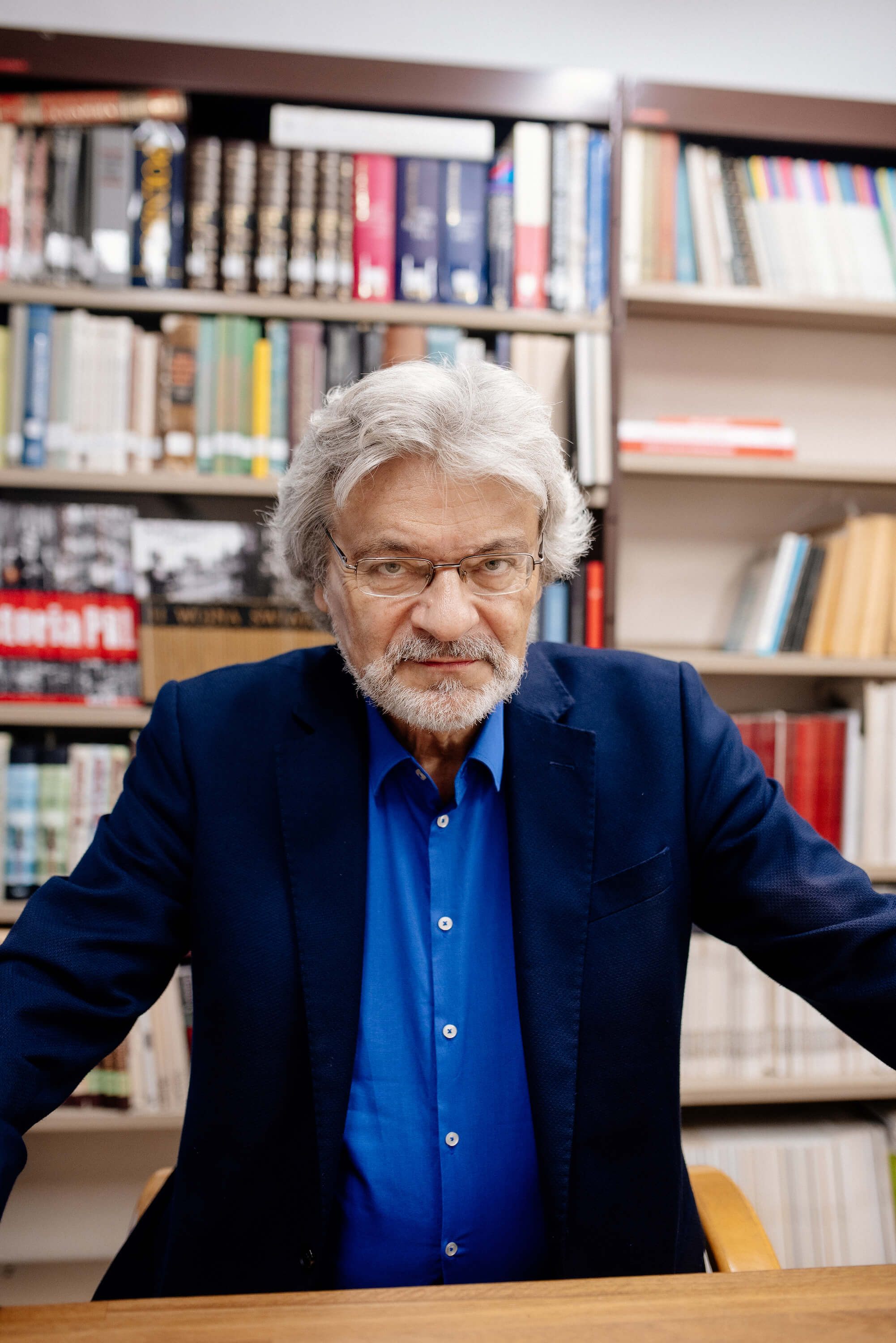
If we strongly simplify the essence of the conflict between the two institutes of national memory, then the Polish IPN demands permission for search work and exhumation of Polish graves in Volhynia. The Ukrainian IPN, for its part, demands the protection of monuments to UPA soldiers in Poland and the restoration of those that were destroyed. Is the Ukrainian demand realistic at all?
It is difficult to say anything about the realism of the demands. But the exchange of them is evidence of the inability to understand each other. In my opinion, during the war, when Ukraine is under threat, the Polish government should not act in favor of its electorate for fear that it will vote incorrectly in the next elections.
I read the collection of documents you curated, “The Burden of the Past. Two Nations in the 20th Century”, with great interest. The burden of the past is a fairly accurate description of the relationship between our countries. But on the other hand, do we not program our perception of our common history only in black and white with such names? Why do we perceive the history of our relations exclusively as endless sorrow for both nations?
We are not programming anything.
We cannot avoid history, we will have to deal with it. In my opinion, we cannot focus exclusively on World War II and the crimes committed then. We need to look at the whole century. After all, before the 80th anniversary of the Volhynia tragedy, we offered the Polish authorities to look at our entire common history from the end of World War I to the present day, in order to understand the causes of the massacre. However, that time we were unable to draw the attention of the authorities to this, we are preparing to do this later.
I will note again: we cannot move forward until we have worked through history. And for this, we must show all the events. Moreover, this is not an attempt to blame Ukraine, but an attempt to show how we could not understand each other before and what was the Polish guilt. Because the way Poland treated Ukraine was terrible.
We cannot move forward until we have worked through history. And for this, we must show all the events.
Ukrainian society generally does not know its history well, and it is not even worth talking about Polish-Ukrainian relations. Last year, I met a Polish instructor of the TDF and, walking with him around Kyiv, I realized that he knew much more about Ukrainian history than I did about Polish history. Is this normal? What do Poles generally know about Ukrainian history and what does their school curriculum tell them about our history?
Poles know their own history very poorly, let alone history in general. And the situation is getting worse every year. It seems to me that both societies do not know the past of our relations, and this is fundamentally important. Therefore, we are now trying to fill in the gaps in knowledge. For example, we talk about what happened before World War II. This period is important for understanding the events of the war itself. We are also preparing a book on the periods from 1917 to 2023. It will cover the process of escalation of the conflict and subsequent attempts at dialogue and will be published in two languages – Polish and Ukrainian.
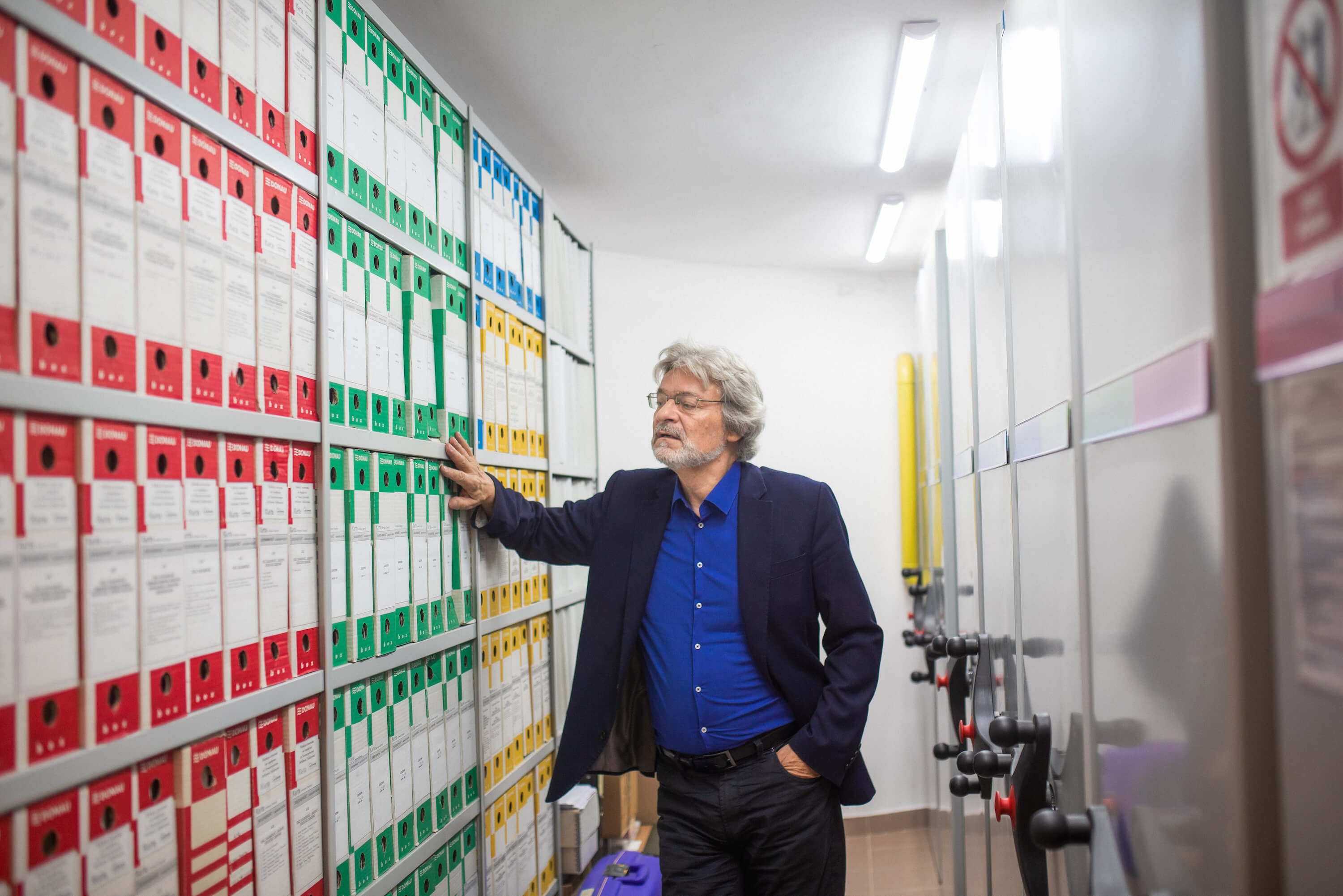
Which heroes of the common Ukrainian-Polish history could unite us? Whose biography could serve as the basis for building a narrative about the friendship between Poland and Ukraine?
For example, Józef Piłsudski with his vision of partner relations with neighbors. Documents from the end of 1918 to the beginning of 1919, the period when the Polish-Ukrainian war for Lviv, and later for Eastern Galicia, was taking place, testify: Piłsudski firmly stood on the positions that Ukraine must gain statehood. However, he lost to Polish nationalists, the Endecja [National-Democratic] right-wing politics, which at the beginning of the
The fact that the federal vision of the Polish state has not been implemented is a defeat for both of our countries. Recognition of this fact is the key to understanding who we should be for each other. However, we cannot return to balance in our relations if nationalists come to power.
We cannot return to balance in our relations if nationalists come to power.
But it was important what happened next. How did the departure from the federal concept happen? For me, it was shocking how many Polish parliamentarians at the beginning of the Second Polish Republic talked about the borders of Poland in 1772. They believed that the country should become an empire again, and that the Ukrainian people were not educated enough to gain statehood. This was a fundamental political mistake. And everything that happened next was its consequence.
The Karta Center, under your leadership, focuses on individual stories. You collect and publish the memoirs of witnesses of historical events. To what extent does the history created in this way correlate with reality? After all, if we take one episode of our common history, for example, Volhynia in 1943, then the descriptions of these events from both sides will be radically different. Is it possible to recreate the course of events from people’s testimony?
Our center has been operating since the 1980s, so naturally, we make generalizations from individual records. But we are not limited to individual testimonies. The Polish-Ukrainian book we are currently working on, which I mentioned earlier, is not a collection of individual testimonies, but a description of a process that has been unfolding for more than a hundred years.
Thanks to individual witnesses, we discover things that are not in historiography. I would like to give an example that is key to understanding Polish-Ukrainian relations. We have records of a conversation between a representative of the Russian emigration, when the Polish side agreed that the Soviet envoys could make decisions on behalf of Ukraine. Then Ukrainian delegates were not admitted to the negotiations and Ukraine could not defend its statehood. These were the actions of the Polish government, which were contrary to the vision of Pilsudski.
Our research has shown that during the war with the Bolsheviks in 1920, although the Ukrainians fought on the Polish side, there were already signs that the Ukrainian side would not be a participant in the peace negotiations. Poland betrayed its ally. Without knowing this, it is impossible to understand where this Ukrainian hatred of Poles came from.
Don’t you think that the knowledge of history sometimes does more harm than good? For example, the grandchildren of Ukrainians and Poles who killed each other in Volhynia are already dying away, and historians do not stop transmitting the story of this enmity to the next generations, although it ended many decades ago.
In Poland, we see teenagers, at the urging of their grandfathers, destroying Ukrainian monuments. This means that hatred is being passed down from generation to generation. It is impossible to wait for this process to end, we must close this topic. But we still return to it, and, in my opinion, it is the nationalists who are returning us to it, and for political reasons.
In Poland, we see teenagers, at the urging of their grandfathers, destroying Ukrainian monuments. This means that hatred is being passed down from generation to generation.
he period of the existence of Poland from 1918 to 1939
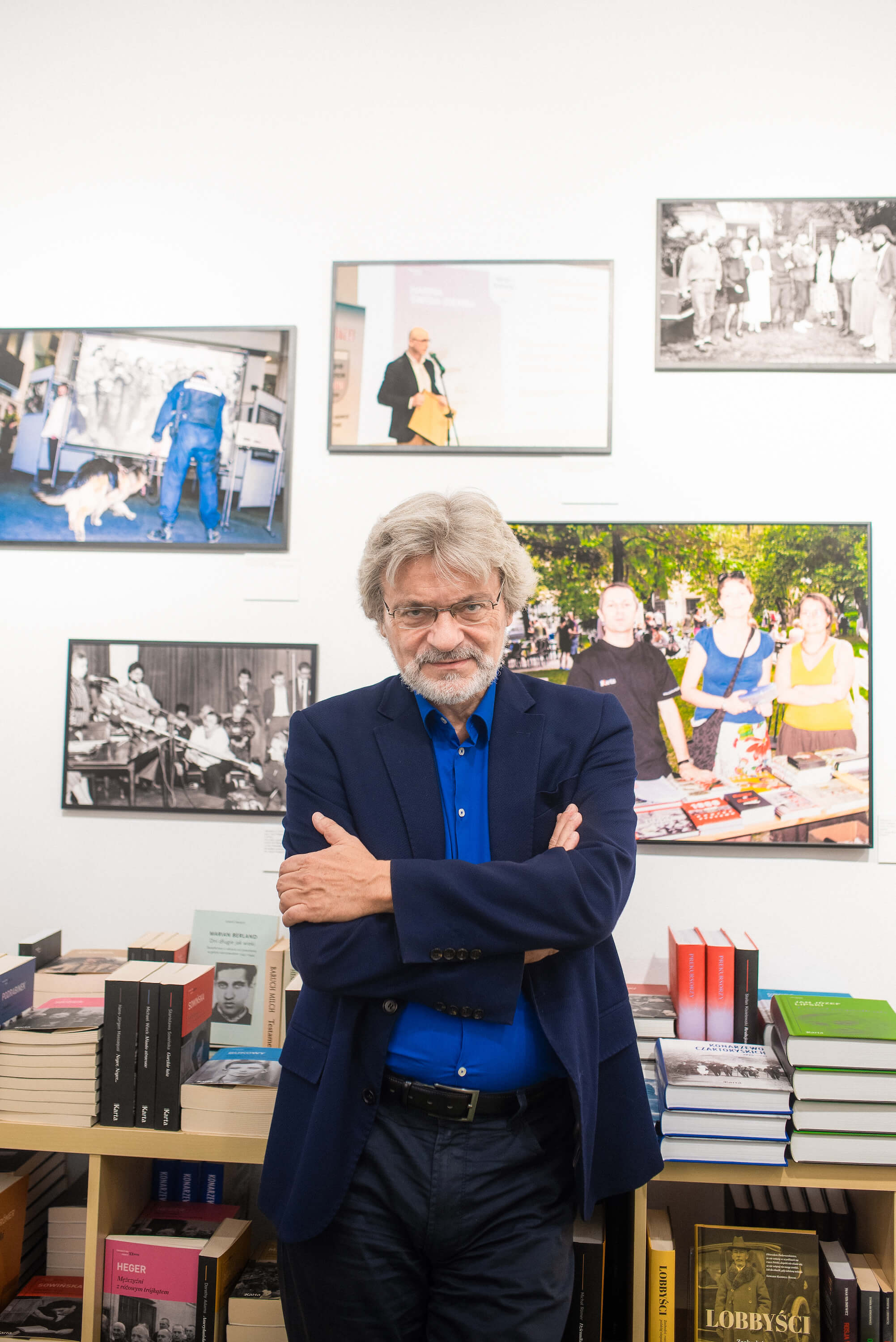
The KARTA Center has collaborated a lot with Russian organizations, for example with “Memorial”. At least I read about the creation of the Eastern House, where a dialogue on historical issues was to take place with the participation of representatives of Poland, Ukraine, Russia, Belarus and Lithuania. What do you think is wrong with Russians? They are capable of living in peace with neighbors or every new generation of Poles and Ukrainians will have to face the aggression of the next reincarnation of the Russian Empire, no matter what it is called?
After the start of the war, we opened the show-window of the Easter House on Constitution Square in Warsaw. There we are trying to mobilize diasporas against tyranny. We say that this is opposition to Putin and Lukashenko. We are open to all diasporas living in Poland. And although Ukrainians have questioned the presence of Russians, we left them in the House, because those Russians are anti-Putin. We know their anti-totalitarian position. They help us prepare for what, I hope, will happen soon.
My vision of our future is that after three waves of protests – in 1980 in Poland, 2014 in Ukraine, 2020 in Belarus – the fourth wave will flood the whole Eastern Europe. It will be a rebellion against tyranny.
It is often said that to predict the future, it is necessary to know history. Did you predict the Russian invasion of Ukraine?
Unfortunately, no. Many said that the liquidation of Memorial in Russia was a signal that the war would happen. And these people were right. Because Memorial monitored all Russian acts of aggression – first against Chechnya, then against Georgia. Memorial would have been a Russian voice against the war, but it was liquidated before the beginning of the invasion. At that time, I helped Memorial, but I was convinced that there would be no attack on Ukraine. The atrocities of this war are hard to realize. It is the same as the Stalinist or Nazi genocides. It seems that this is impossible in our time. But now that it has happened, we must mobilize against this tyranny. Until we destroy it, none of us will be able to live peacefully.
My vision of our future is that after three waves of protests in Poland, Ukraine and Belarus – the fourth wave will flood the whole Eastern Europe. It will be a rebellion against tyranny.
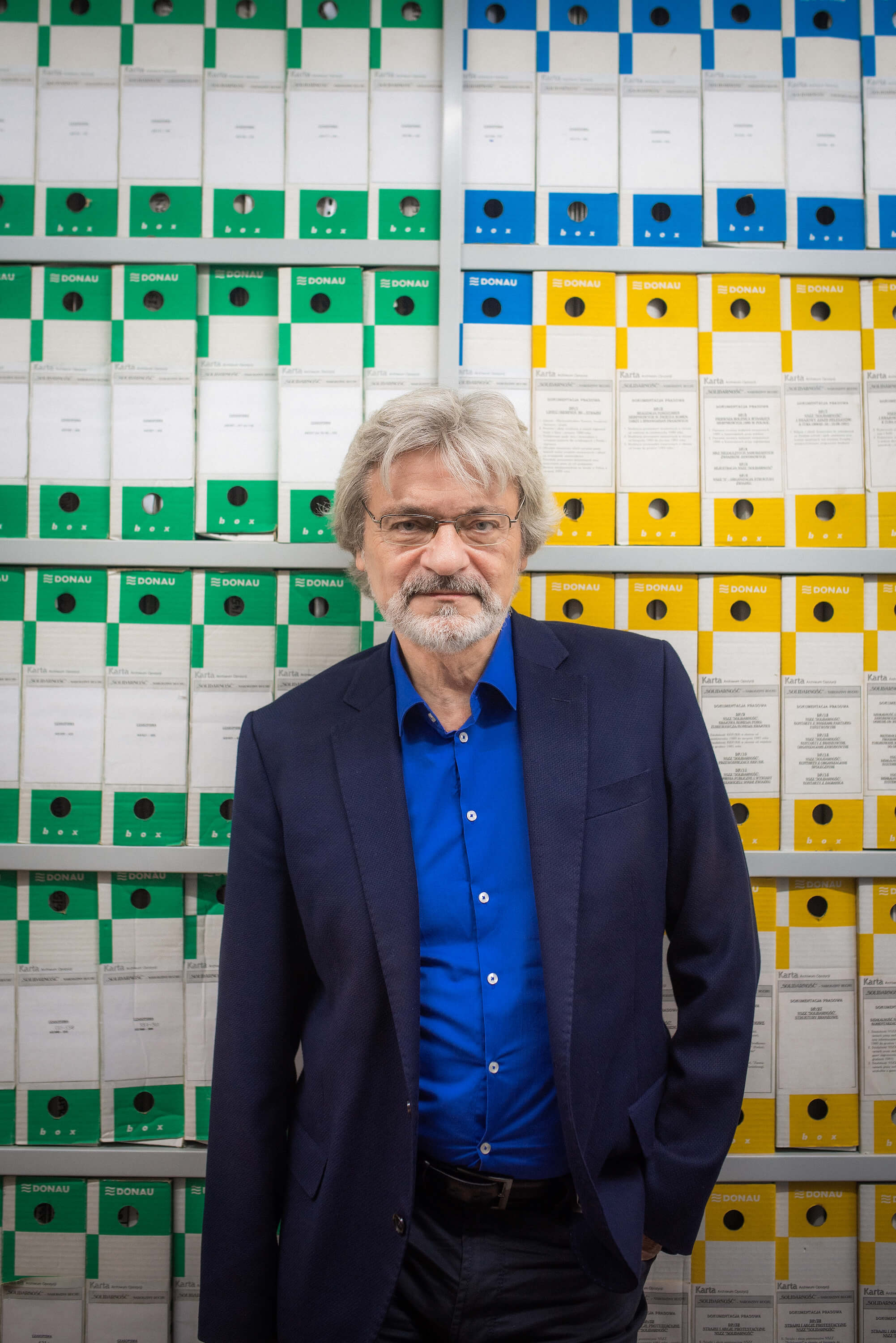
I would like to thank you for the interview and say that I am sorry that I know Russian and not Polish. My great-grandfather, half-Polish, was from Lviv. He did not know Russian and became a victim of Stalinist repressions. We highly respect the work of Polish historians, it is very much needed for us, as Ukrainian historians cannot now work fully due to resource constraints and war.
I would like to briefly say a few more important things. First, we had an idea to create a counterpart to Karta in Kyiv. We worked on it, but we have not yet implemented it. Second, we are opening a large Ukrainian archive in the show-window of the Easter House. We already have the first library and archive collections, and we are expanding.
And most importantly: I am trying to push a new paradigm of history in Poland. Its essence is as follows: all victims are ours. It is about looking at history not through the prism of mutual accusations, but perceiving all victims as common, paying them tribute. Unfortunately, I cannot push this concept in Poland yet, although it would change the whole situation in our relations. We are living in a time when there is a lot of friendship between Poles and Ukrainians. From the Polish side, Ukrainians are really accepted with love. This is a great breakthrough when we can change a lot. That’s why I would like to emphasize this, because it is our shared responsibility.
This material was created with the support of Media Lifeline Ukraine.
Photo: Karolina Jackowska
New and best
